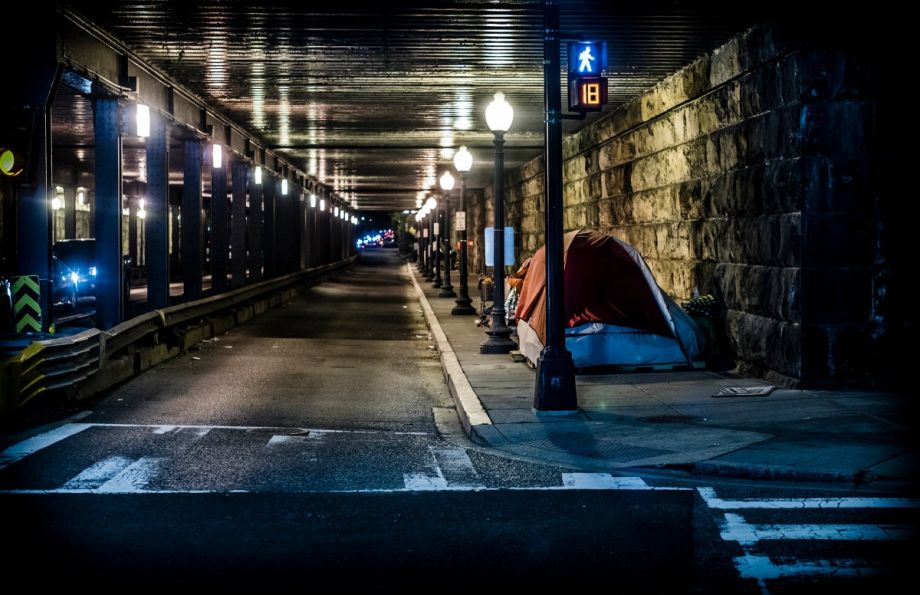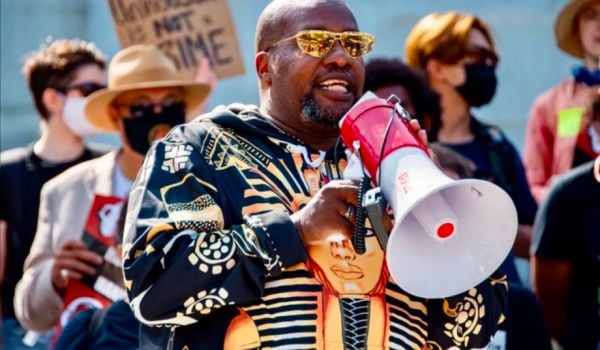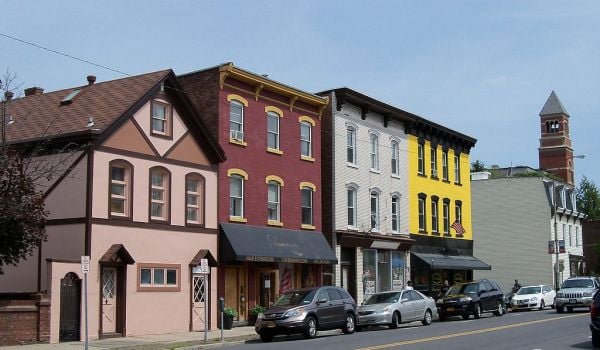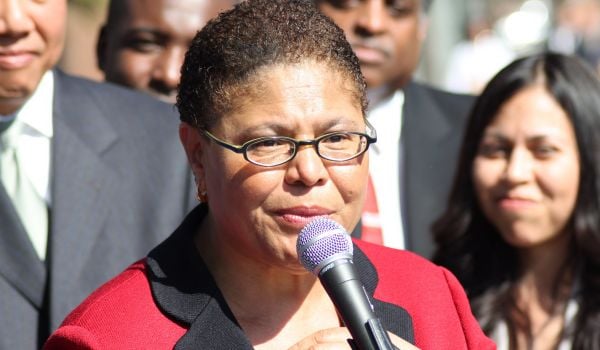NYC Mayor Announces Encampment Sweeps Despite Lack of Past Success
NYC Mayor Eric Adams announced that the city would dismantle all homeless encampments in the city in two weeks, a brisk timeframe that leaves little likelihood residents will be transitioned into housing. Mayor Adams said that the people being evicted from encampments would receive wraparound services, implying that the roughly 1000 people camped outside would be transitioned to supportive housing, but the city has long lagged in available supportive housing units to meet the need. NYC has defined “encampment” broadly as “a structure to live under” and includes mattresses, tarps or tents. The mayor also suggested that shelters were safe for people camped outside to sleep in, but this runs counter to the details provided by people experiencing homelessness who say the shelter system remains dangerous.
There is no evidence from other cities that have engaged in encampment sweeps that this strategy works for getting people into housing. NYC does not have large encampments of the type seen on the West Coast, but a new report by the UCLA Luskin Institute on Democracy and Equality casts doubt on the impact of the raids. Last year, roughly 200 residents were evicted from the encampment in the gentrifying Echo Park neighborhood. While LA Councilmember Mitch O’Farrell, whose office planned the raid, called the sweeps a “success,” the report says that a year later, only 17 residents have found long-term housing. Seven have since died, and the Los Angeles Homeless Services Authority lost communication with 82 people. At least 15 were unsuccessfully housed.
Fire Rips Through Oakland Tiny Home Village
A fire destroyed at least three homes in a tiny home village in the Lake Merritt area of Oakland on Monday morning, according to The Mercury News. The village was housing 15 people who had previously lived in an encampment at Union Point Park. No one was injured. Officials are unsure how the fire started. The homes are designed by a company called Pallett which also designed another tiny home village in West Oakland. Nikki Fortunato Bas, Oakland’s City Council president, said in a statement that each Pallet shelter is “equipped with a fire extinguisher, smoke detector, carbon monoxide monitor, and emergency egress door, and is built from fire-resistant materials.” According to Pallet’s website, the homes are made from “fiberglass-reinforced plastic” and have aluminum framing. But residents of the village say three of the homes were destroyed almost immediately and expressed fear about continuing to live in the village. “These houses are so dangerous. They went up so fast,” one resident told the Mercury News. Footage of the fire shows plumes of black smoke rolling up from the houses, which form a small circle in the village.
The Lake Merritt tiny home village began as part of an experimental co-governance model. When Union Point Park encampment residents were being evicted by the city a year ago, about a dozen folks resisted and barricaded the encampment with trash and furniture. The city eventually convinced the holdouts to leave with the promise that they would be relocated to another site and given co-governance of the site, through a contract with a nonprofit called Tiny Logic, funded by 2019 council legislation meant to pilot co-governed encampments. The city abandoned the Tiny Logic contract after an encounter between the head of the nonprofit and a protestor. Tensions arose about the composition of the co-governed village, whose residents are mostly White, and a neighboring tiny home village also in Lake Merritt that was not permitted co-governance and whose residents are mostly Black.
Tiny home villages have been proliferating throughout the Bay Area in recent years, including San Francisco and San Jose. Co-governed encampments have been tried with some success in Washington, Colorado and Oregon. The Oakland fire highlights the ongoing challenges for tiny homes, which are being introduced by cities as an alternative to congregate shelter sites, which offer no privacy and often have many restrictions. The Lake Merritt co-governed tiny home village, intended as transitional, was an attempt to strike a balance between shelter, affordability and autonomy, though most advocates agree tiny homes are still not a substitute for affordable housing.
Bronx Leads NYC in Pandemic Foreclosures
Thousands of foreclosures have occured in NYC in the two years since the pandemic began, with the highest concentration in the Bronx, according to a report from the Center for NYC Neighborhoods. The report also found that mortgage delinquencies were higher among neighborhoods that were hit hardest by the 2008 foreclosure crisis. Many are also in neighborhoods with a high number of houses on the city’s tax lien sale list. The report recommends canceling the lien sale, funding programs to prevent foreclosure and ramping up a project meant to legalize basement apartments.
Report Shows Speculation Leads to Less Building Maintenance, More Evictions
A report from the Ford Foundation’s Local Initiatives Support Corporation (LISC) demonstrates a connection between housing speculation, lack of property maintenance and evictions in NYC. According to the report, housing speculation was higher in gentrifying Black and Latinx neighborhoods. The researchers found that when buildings are purchased by speculators and the buildings’ value increased, the difference was rarely reinvested back into the building but rather into buying more buildings. “Buildings that sold for the highest price increases or that took on the greatest amount of additional debt had up to 2.7x more maintenance violations per unit than those that did not,” the report states. Upper Manhattan, the Bronx and East Brooklyn had the highest amount of speculation as well as evictions. The report builds on United Neighborhood Housing Program data collected from 2003. The report’s authors suggest the city and state bolster tenant protections, increase funding for nonprofit housing acquisition and social housing, increase code enforcement of building violations, increase “flip taxes” and other taxes meant to discourage speculation, and better regulate mortgage lending to speculators.
This article is part of Backyard, a newsletter exploring scalable solutions to make housing fairer, more affordable and more environmentally sustainable. Subscribe to our weekly Backyard newsletter.

Roshan Abraham is Next City's housing correspondent and a former Equitable Cities fellow. He is based in Queens. Follow him on Twitter at @roshantone.


















